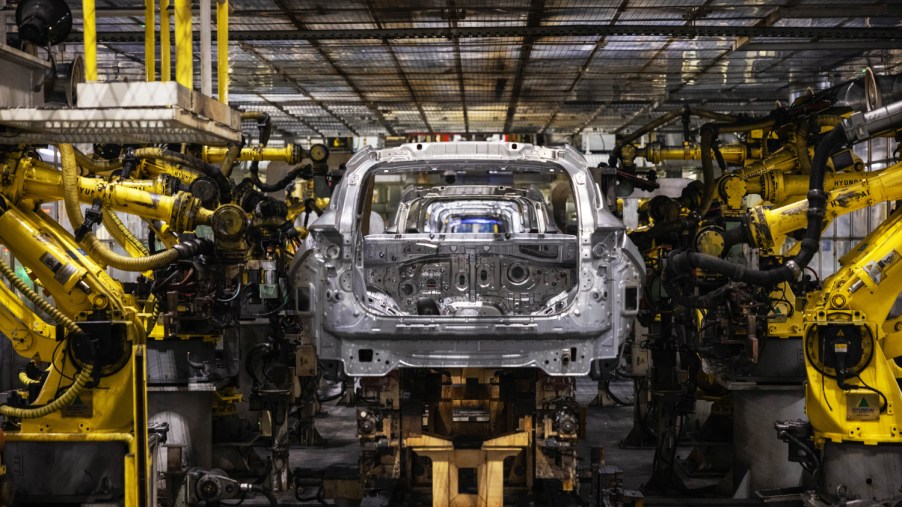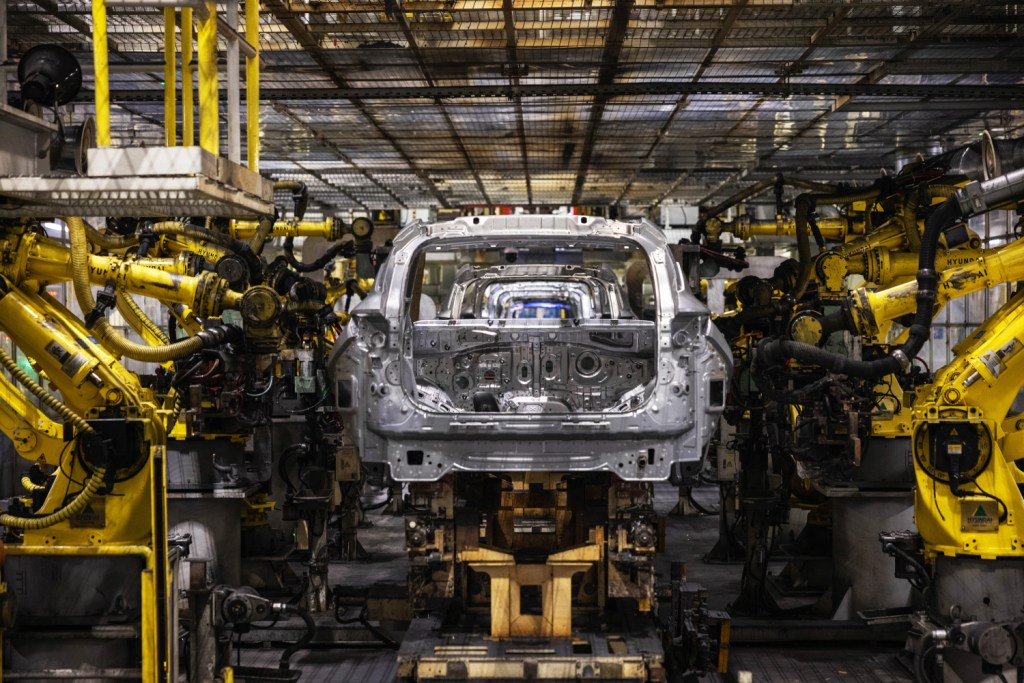
Detroit Jeep Plant Plans Layoffs Due to Chip Shortage
Supply-chain issues continue to hamper production at a Detroit, Michigan, Jeep factory. While most companies are having trouble getting semiconductor chips, COVID-19 is also complicating things. This factory produces both the Jeep Grand Cherokee and the Dodge Durango SUV.
More semiconductor chip drama for Jeep

Automotive News noted that Stellantis was temporarily planning to lay off workers due to a shortage of semiconductor chips. The plan is to cut two work crews from the Jefferson North plant starting April 26. After that, Jeep will bring those crews back three weeks later. A third crew will be cut from May 17 through May 31.
This Jeep plant normally operates with two shifts working six days a week, 20 hours a day. Without enough chips to keep up production, there isn’t a need to have so many workers.
Jodi Tinson, a Stellantis spokesperson, said, “Stellantis continues to work closely with our suppliers to mitigate the manufacturing impacts caused by the various supply chain issues facing our industry.”
The Jeep chip shortage is bound to continue through quarter two as facilities cannot keep up on either end.
The Jeep Grand Cherokee isn’t alone in the chip shortage
The Jefferson North plant makes the Jeep Grand Cherokee, one of Jeep’s best-selling vehicles. It also builds the Dodge Durango SUV. A new Grand Cherokee is slated to start production in August of this year, but that could get pushed back.
In addition to the Jefferson North plant, Stellantis has already shut down other plants in the U.S. for the same reasons. And while no one can get hands on the semiconductors fast enough, COVID-19 is also on the rise again.
The Sterling Heights, Michigan, plant had around 630 workers absent due to the pandemic, Automotive News said. These workers had either tested positive already or had been around someone and were quarantining.
One of the brand’s most popular trucks, the Ram 1500 pickup, has been down in production numbers as well. Last week, one of the workers reported that production was down somewhere between 200 and 300 vehicles.
Additionally, people are purchasing new and used cars at a rapid rate. If Stellantis cannot keep up with production, buyers will likely go elsewhere to purchase.
It isn’t just Stellantis facilities, either
The shortage has impacted almost all industries in some way. COVID-19 made it harder for companies to keep up production on various parts, while shipping issues plagued the parts once produced. Then, facilities cannot keep up to do a thinned out workforce.
Honda and Toyota temporarily shut down factories back in March due to similar issues. This is just the latest shutdowns affecting companies like GM, Ford, Nissan, and everyone else.
Additionally, California ports were having a series of issues while importing parts to produce cars. GM shut down a Corvette factory earlier in the year due to the same issues. This meant a slow-down on the production of the new Corvette and a price increase.



